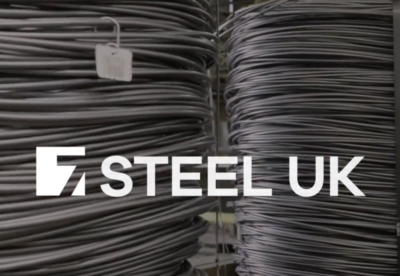The tests come as new research led by Imperial College London and co-authored by the University of Bristol predicts that aerial robotics could provide wide-ranging benefits to the safety, sustainability and scale of construction.
The research examines the emerging field of using drones for mid-air material deposition in the construction industry – a process known as Aerial Additive Manufacturing (Aerial AM).
Aerial AM could see drones lay building materials at height in sites of the future.
The new technology is now being tested at the DroneHub, which is based in Switzerland at EMPA – the Swiss Federal Laboratories for Materials, Science and Technology which provides a platform on which flying construction machines can be tested outside the laboratory for the first time.
Dr Basaran Bahadir Kocer, co-author from the University of Bristol’s School of School of Civil, Aerospace and Design Engineering, said: “Despite promising advancements, the deployment of aerial robots for large-scale autonomous construction remains in its infancy.
“Key obstacles include material durability, localisation systems for outdoor environments, and coordination among multiple aerial units.
“Addressing these challenges is essential to unlocking the full potential of Aerial AM in real-world applications. However, early-stage demonstrations of Ariel AM have already showcased capabilities such as rapid on-demand repairs and modular assembly techniques, paving the way for broader adoption across industries.”





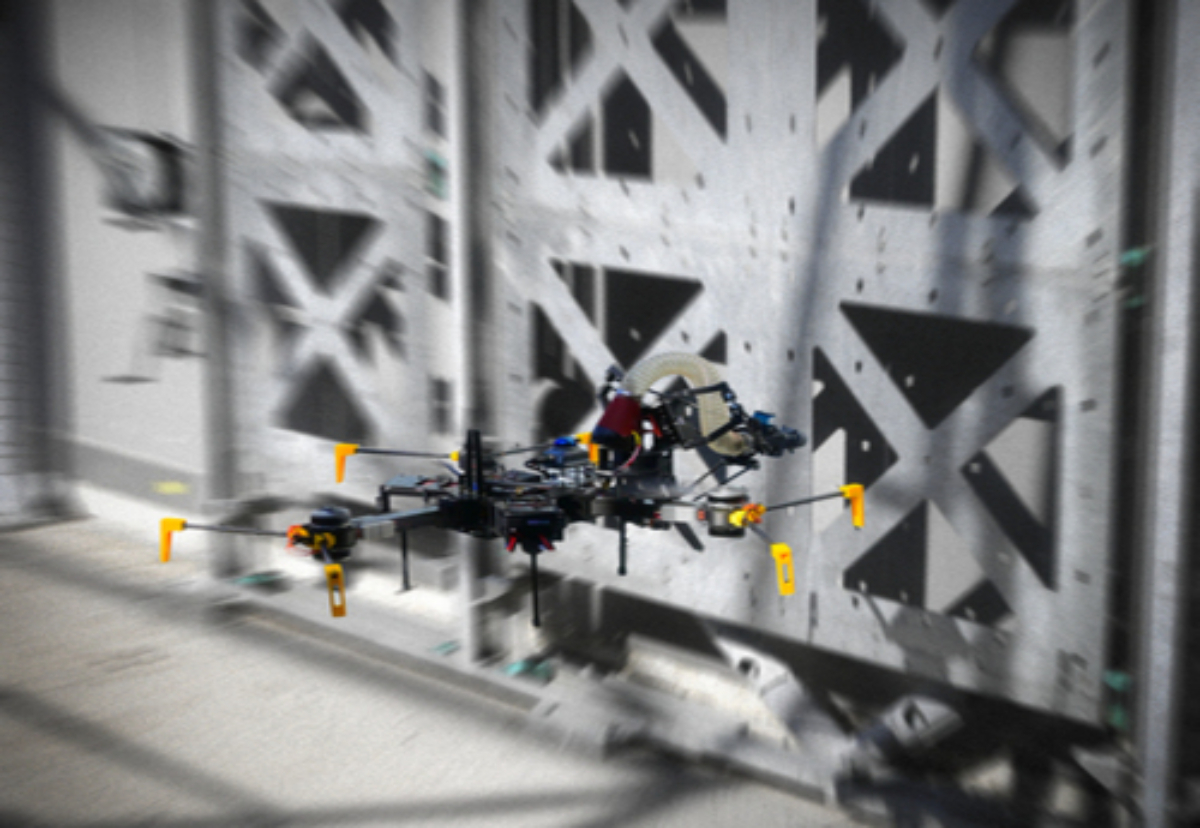



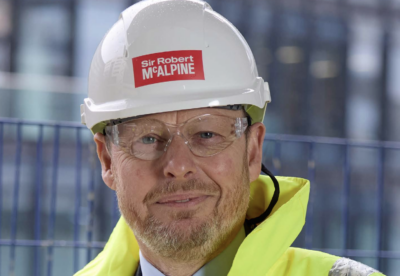


 (300 x 250 px).jpg)
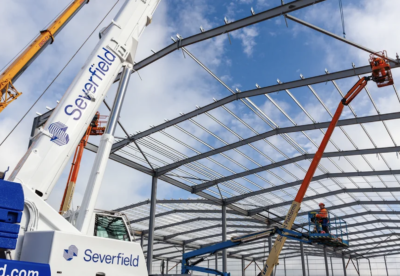
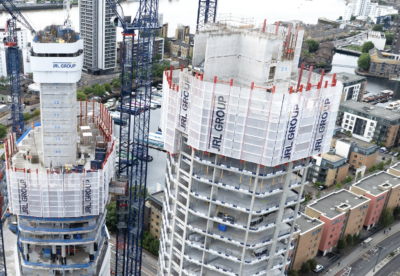


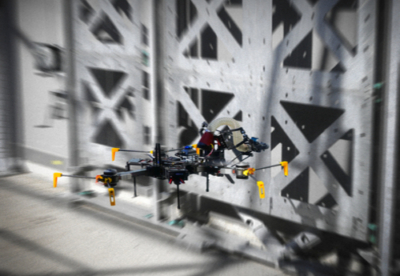







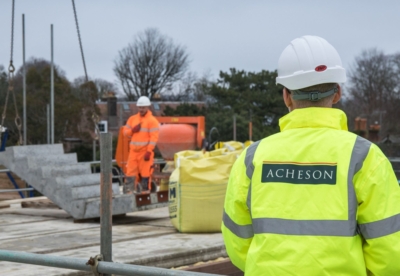
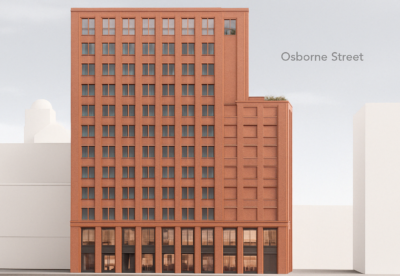






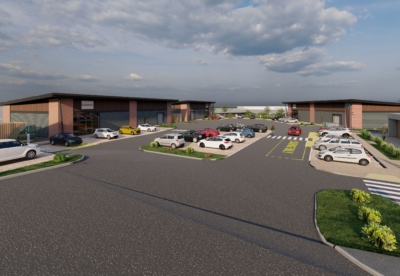



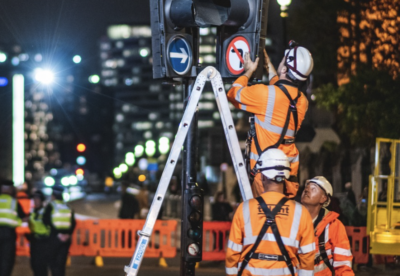

.gif)


